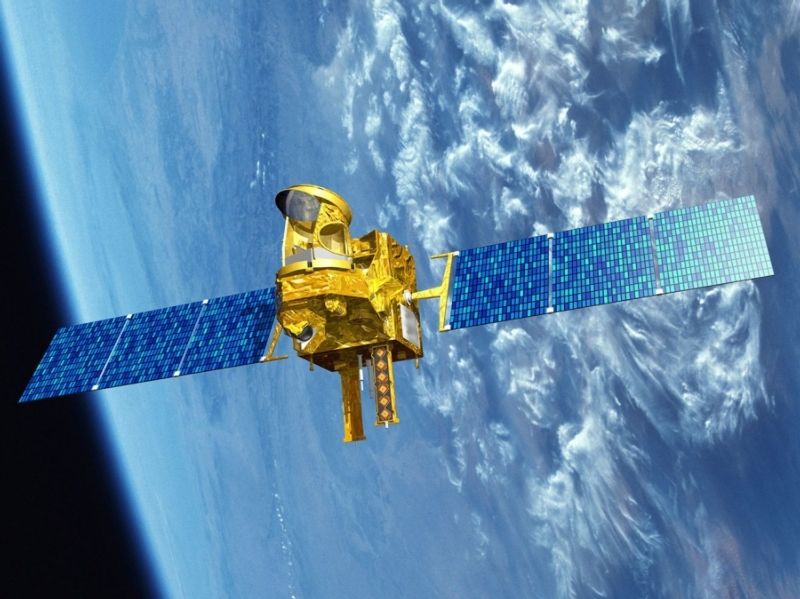French President Emmanuel Macron and Indian Prime Minister Narendra Modi have adopted a general policy statement extending the scope of space cooperation between the two countries.
ISRO Chairman K. Sivan and CNES President Jean-Yves Le Gall have signed an agreement to jointly develop a constellation of microsatellites. The agreement — signed on 10th March in New Delhi in the presence of Indian Prime Minister Narendra Modi and French President Emmanuel Macron — encompasses pre-formulation studies for a space system to be developed and operated jointly by the two nations. The microsatellites in the constellation will carry telecommunications and remote-sensing instruments.
The Indian Prime Minister and French President adopted a general policy statement affirming the strategic import of space cooperation and setting new goals for the programme which the two nations have engaged together. The statement records that several Indo-French satellites are already contributing to climate-monitoring efforts from space.
This fleet of satellites will be joined later this year by the Oceansat3-Argos mission and in the future by a new joint infrared imaging satellite currently in the study phase. In particular, the statement extends the scope of the space partnership, sets out new prospects for working together in the field of launchers and announces France’s participation in future Indian planetary exploration missions.
The Oceansat3-Argos mission will be a key to assuring operational continuity of the Argos system. This will be an augmentation to the existing Indo-French fleet of climate-monitoring satellites, now ongoing for more than 15 years.
ISRO and CNES also announced the name of the next Indo-French satellite currently in the study phase, as ‘Trishna’, which is Hindi word for ‘thirst’ or ‘desire’ . This latest-generation infrared satellite will provide the capability to precisely map evapotranspiration, and characterize the global water cycle, as key parameters for climate studies. It will thus extend the spectrum of measurements already being acquired by the Indo-French Megha-Tropiques and Saral-AltiKa satellites, to land surfaces.
Together with the Oceansat3-Argos mission, these satellites will form a unique fleet of climate-monitoring satellites contributing to the implementation of the Paris Agreement, as noted at the One Planet Summit in December.

